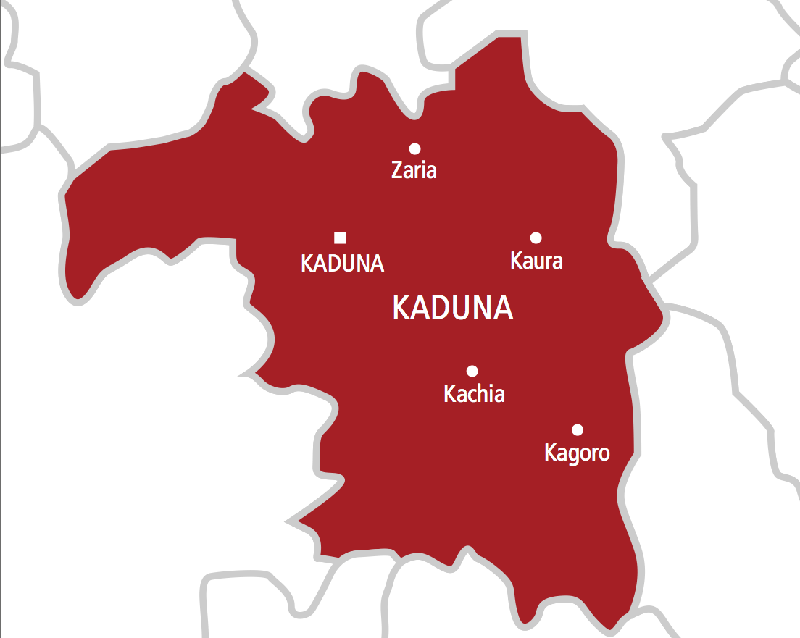Kaduna teachers earn 27% more than other civil servants – TSB chairman
Kaduna State Teachers Service Board (TSB) Chairman, Adamu Makade has revealed that teachers in the state earn about 27% more than their peers in other sectors of the state’s civil service. Mr Adamu Makade made this statement at a one-day workshop on Teachers Issues in Conflict and Protracted Crisis Settings: Documenting the Effectiveness of the […]

Kaduna State Teachers Service Board (TSB) Chairman, Adamu Makade has revealed that teachers in the state earn about 27% more than their peers in other sectors of the state’s civil service.
Mr Adamu Makade made this statement at a one-day workshop on Teachers Issues in Conflict and Protracted Crisis Settings: Documenting the Effectiveness of the Kaduna Teacher Reforms in the state.
The TSB chairman said prior to the education reforms in Kaduna, it was discovered that there was nothing wrong with the education system itself, but rather with the quality of teachers. This, he explained, necessitated the reform to address the recruitment, deployment, and retention of teachers in the state.
Makade emphasised that the state government, under Senator Uba Sani, has made significant efforts to ensure that competent and qualified teachers are retained in the state. This includes the provision of incentives, including special allowances that are higher than those for other civil servants.
- Motorists urge Delta govt to relocate oil tankers in Ohoror
- Ex- FCT PDP chair, Alhassan Gwagwa, dies at 81
“For instance, if you are a teacher on a particular salary grade level and step, compared to your colleague, who is not a teacher but in the same grade level and step, you will discover that teachers earn about 27% higher than other civil servants,” he said.
In his remarks, Professor Oladele Akogun, a university don and Regional Research Director for the International Rescue Committee (IRC) in Nigeria and South Sudan, suggested that to get the education system right, teachers should be treated better than medical doctors.
Professor Akogun also pointed out that beyond the challenges facing educators, Nigeria must reassess its education policies, saying that the country cannot achieve its desired educational standards if policies and practices are not aligned.
He said, “A situation where the country has a beautiful policy of free and compulsory education up to 18 years, but in practice, it is not implemented, cannot yield the desired result.”
Earlier, the Director-General of the National Teacher Institute (NTI), Professor Garba Maitafsir, argued that the falling standard of education was caused by the quality of teaching.
